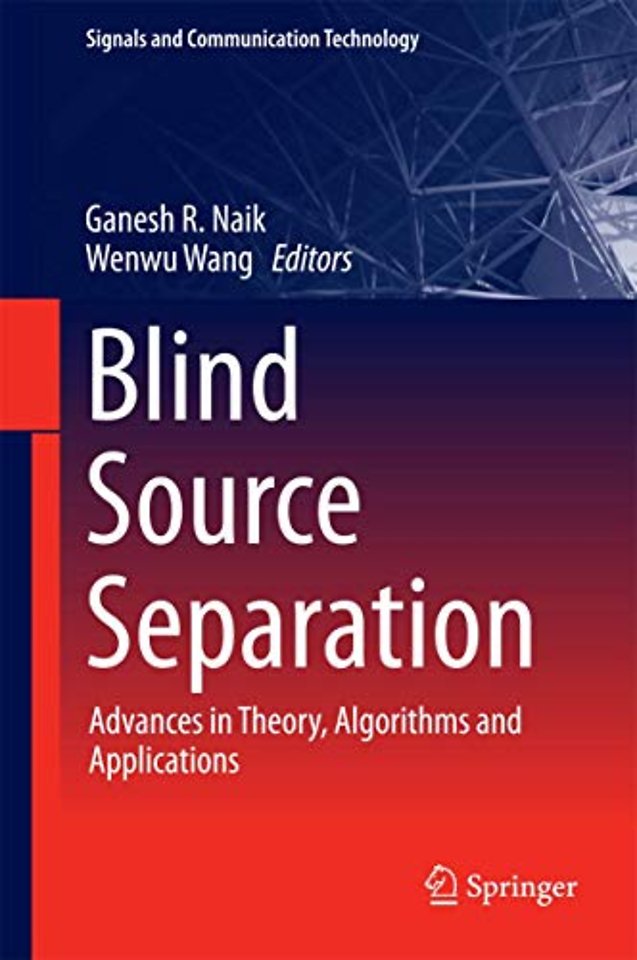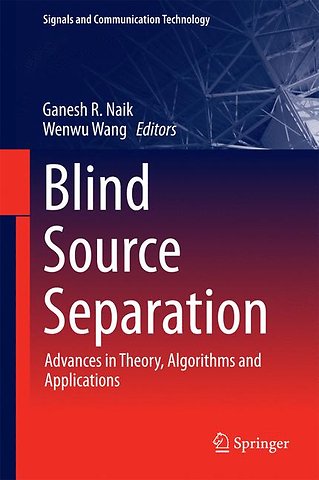Blind Source Separation
Advances in Theory, Algorithms and Applications
Samenvatting
Blind Source Separation intends to report the new results of the efforts on the study of Blind Source Separation (BSS). The book collects novel research ideas and some training in BSS, independent component analysis (ICA), artificial intelligence and signal processing applications. Furthermore, the research results previously scattered in many journals and conferences worldwide are methodically edited and presented in a unified form. The book is likely to be of interest to university researchers, R&D engineers and graduate students in computer science and electronics who wish to learn the core principles, methods, algorithms and applications of BSS.
Dr. Ganesh R. Naik works at University of Technology, Sydney, Australia; Dr. Wenwu Wang works at University of Surrey, UK.

